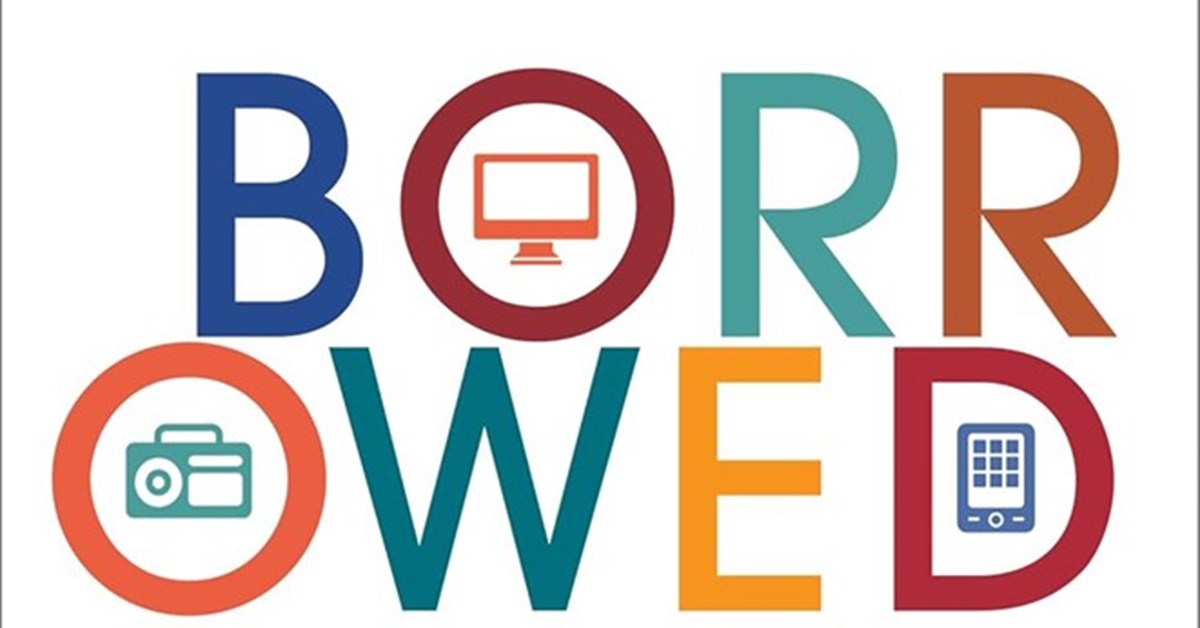IN THE introduction to this book, Ewan Bowlby’s father, Chris, describes the “daunting and grief-stricken” task of editing his late son’s life’s work and passion. Ewan (Feature, 12 September) lived ten of his 27 years with an aggressive form of brain cancer. What he achieved in that last decade of his life is truly remarkable. Here is his legacy.
It underlines the fact that a fulfilled life is not so much the number of times a heart beats but the number of times a heart is moved. The unique and compelling nature of his work comes from a blending of his personal experience of cancer and his reflection on a terminal diagnosis with the professional eye of a theologian in improving the spiritual care of cancer patients.
Borrowed Stories: Facing cancer with culture is divided into two discrete sections. The first is autobiographical, providing a poignant and candid account of the author’s journey from diagnosis of glioblastoma to the end-stages of his life. While tinged with sadness, it is never gloomy or self-pitying.
The focus is a balance of introspection and an overwhelmingly positive desire to help others with similar diagnoses to acquire new meaning and value in their lives. The key to achieving this is through borrowed stories: use of the media and the creative arts to stimulate group discussion of personal circumstances and attitudes to illness.
This book is not just for cancer patients and families of those affected: it speaks to us all. How do we view and use the time that we have left? What drives our relationships? How can we instigate meaningful discussions about spiritual emotions and our innermost feelings?
Sharing borrowed stories from film, books, and other art forms proves a catalyst to reassess spiritual perspectives and values. Bowlby employs powerful examples from novels as diverse as John Green’s The Fault in Our Stars and Aleksandr Solzhenitsyn’s Cancer Ward.
Through these and visual media such as the cult TV drama Breaking Bad and the film The Bucket List, the author illustrates themes such as time, anger, humour, and sentimentality. It is heart-warming to observe the response of patients, who often identify with and benefit from discussing life-affirming issues.
The second section of the book provides a synopsis of chapters from the author’s Ph.D. thesis on the use of media and culture for the emotional and spiritual care of patients undergoing cancer treatment. While written with a focus on academic endpoints through qualitative research and the use of focus groups, it is just as readable and provides a wealth of fascinating insights and material to explore further.
This small book provokes a big re-evaluation of the age-old conundrum: is it the quantity or quality of life which matters most?
The Revd Nick Goulding is Professor Emeritus of Pharmacology and Medical Education at Queen Mary University of London.
Borrowed Stories: Facing cancer with culture — from “Breaking Bad” to “The Divine Comedy”
Ewan Bowlby
DLT £19.99
(978-1-917362-11-5)
Church Times Bookshop £17.99
